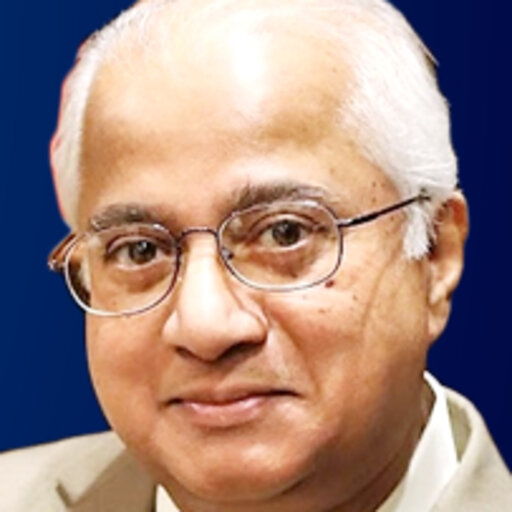
Neutralizing terrorists is undoubtedly a positive development. I welcome efforts dedicated to dismantling terrorist networks and restoring safety for civilians. I’m especially appreciative of the Indian government’s initiative to differentiate between Islam and the extremist acts carried out by a radical few. Such distinctions are vital for promoting harmony and mutual respect.
While Pakistan continues to grapple with the challenge of eliminating extremism, India has proactively addressed the pressing issue of terrorism. These actions are commendable and signify a step toward a more secure region.
Public Sentiment and the Path to Peace
People on both sides of the border—Pakistani and Indian alike—long for an end to violence. It’s high time we commit ourselves to long-lasting peace. Even if the timing of these efforts coincides with political agendas or election seasons in states like Bihar, the net impact remains a positive stride toward regional stability.
Rather than inflaming tensions, our mission must be to build an atmosphere in which everyone, regardless of nationality or faith, feels secure and free from the fear of terrorism.
De-Radicalization for a Peaceful Future
Our shared future hinges on eliminating the threat of terrorism. That begins with re-educating and guiding individuals—whether they are misguided Muslims in Pakistan or misguided Hindus in India—away from extremism and toward peaceful coexistence. Teaching the value of unity, empathy, and collective prosperity is key to steering younger generations in the right direction. First, we must commit to being free from hatred for each other, no matter how difficult it is. Love conquers the world; it always has been.
From Space to Stability: Time to Explore Peace
Both India and Pakistan have demonstrated remarkable achievements in space exploration. Now, we must shift our focus toward exploring our potential to nurture peace and societal well-being. No democratic leader should be chosen unless they prioritize dialogue, peace-building, and diplomacy over nuclear posturing and aggression.
The journey to peace requires resilience. We must learn to bear frustrations in the short term to secure a safer, more stable tomorrow for all citizens.
The Importance of Transparency and Truth
Peace thrives where trust exists. To move forward with a clear conscience, we must be transparent about tragic incidents like the Pulwama and Pahalgam attacks. It’s essential for both the ruling party and the opposition in India to seek and share concrete evidence. This will reassure peace advocates and uphold our collective integrity
Final Thoughts
Lasting peace in South Asia isn’t just an aspiration—it’s a responsibility. When our neighbors are secure and at peace, we too enjoy that serenity.
Let us commit to fostering understanding, ensuring justice, and living in harmony for the sake of future generations. The future generation should look up to the leadership and admire them for giving them a better future, we owe it to them.
(Dr. Ghouse is the President and founder of the Center for Pluralism and director of the World Muslim Congress. He is an Interfaith Wedding Officiant for InterfaithMarriages.org and a Muslim Wedding Officiant. He is a Muslim, Pluralist, activist, speaker, author, and social scientist. He can be reached at Mikeghouse@gmail.com)

Leave a Reply